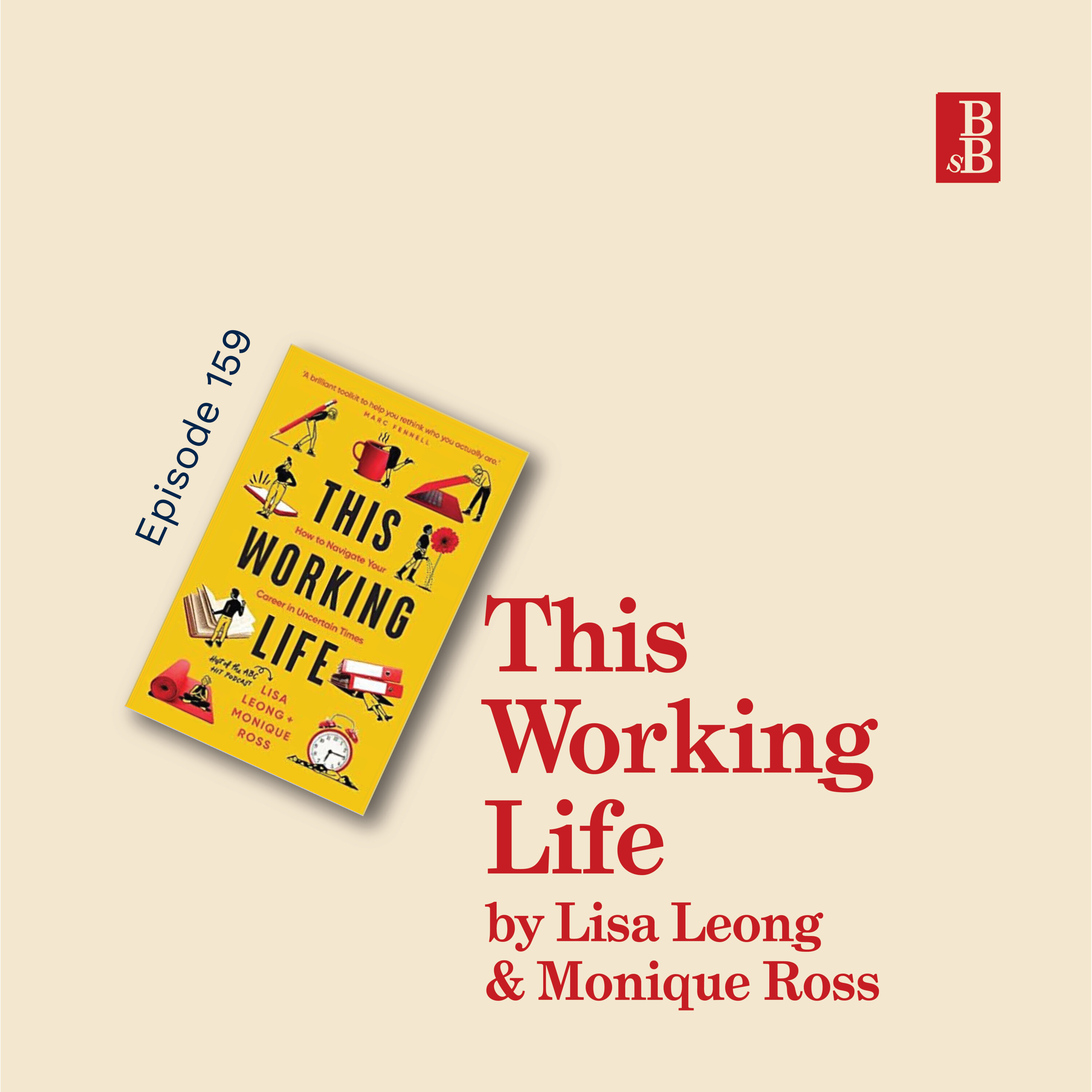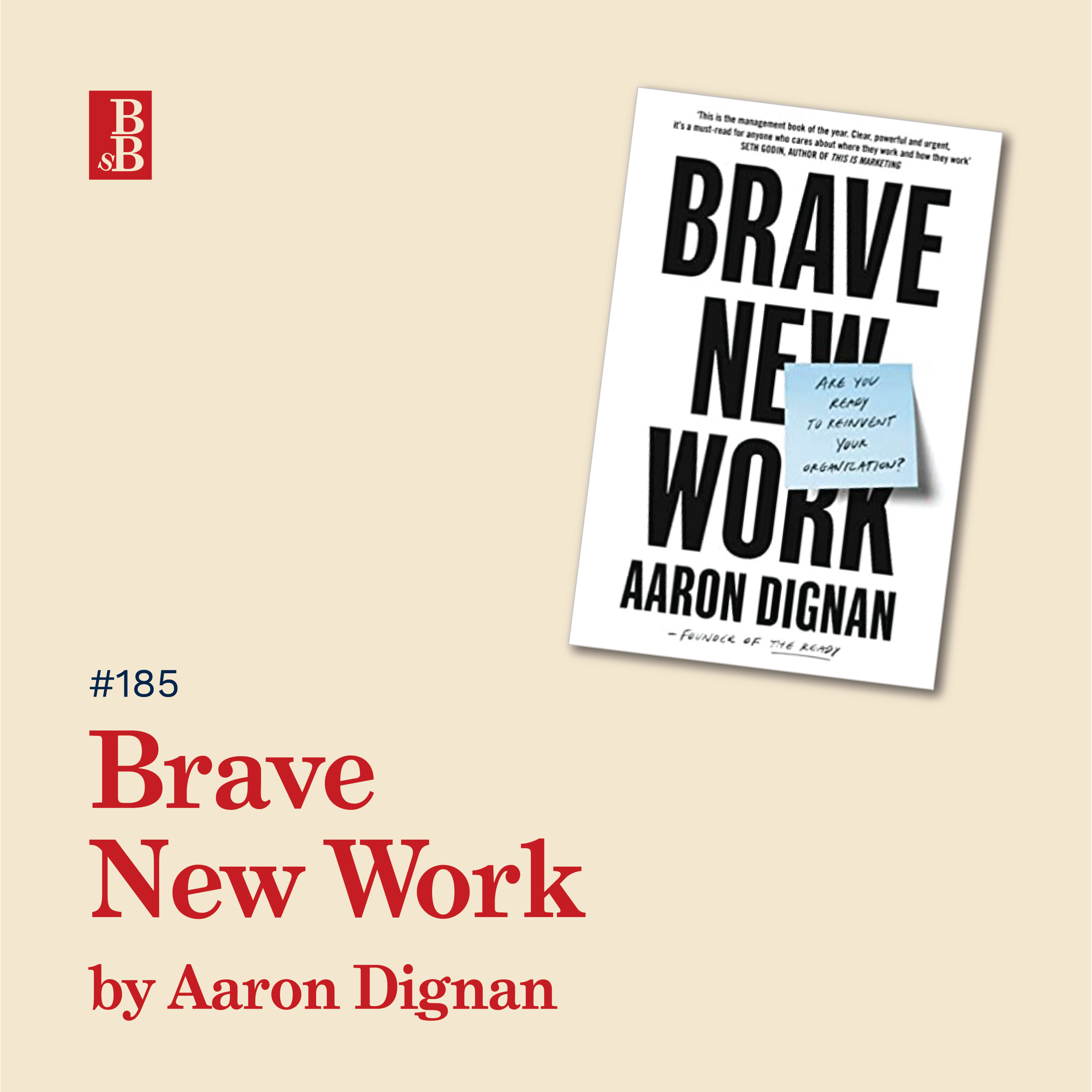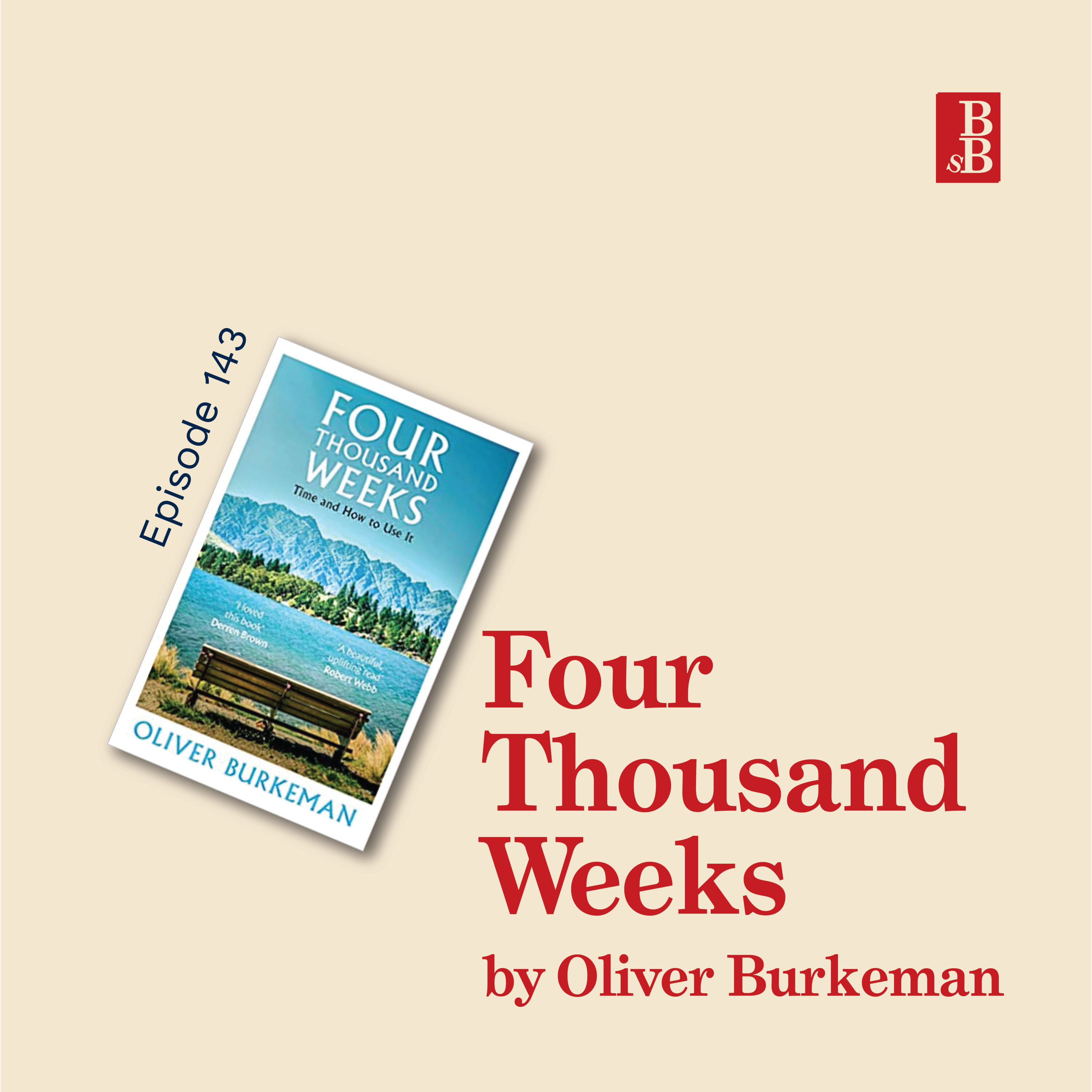The 12 Week Year by Brian Moran & Michael Lennington: How to stop wasting your time and your years
Sign up to the bookmark newsletter:
https://mailchi.mp/1119b1358a84/thebookmark
About the Book
The guide to shortening your execution cycle down from one year to twelve weeks
Most organizations and individuals work in the context of annual goals and plans; a twelve-month execution cycle. Instead, The 12 Week Year avoids the pitfalls and low productivity of annualized thinking. This book redefines your “year” to be 12 weeks long. In 12 weeks, there just isn’t enough time to get complacent, and urgency increases and intensifies. The 12 Week Year creates focus and clarity on what matters most and a sense of urgency to do it now. In the end more of the important stuff gets done and the impact on results is profound.
Turn your organization’s idea of a year on its head, and speed your journey to success.
Source: Amazon.com
About the Authors
Brian Moran, President and Founder of The 12 Week Year, has 30 years of expertise as a corporate executive, entrepreneur, consultant and coach. His background as a corporate executive combined with his experience as an entrepreneur positions him with a unique skill set to help individuals and organizations grow and prosper.
Brian’s corporate experience includes management and executive positions with UPS, PepsiCo, and Northern Automotive. As an entrepreneur he has personally launched and led successful businesses and been instrumental in the success of many others. In addition, he has consulted for dozens of world-class companies.
Michael Lennington’s most important roles are as father, husband, and most recently grandfather. When he is not with his family, or working, his favorite personal pursuits include attending music festivals, downhill skiing, and sampling good Kentucky Bourbon.
Michael, has been a consultant for most of his adult life and has worked in the Americas, Asia, Europe, and The Middle East. Currently, he spends his professional time coaching his entrepreneurial clients, writing about leadership and business execution, and building simple tools for people seeking to accomplish more.
Source: Amazon.com
Would you like to take better notes from the books you read? Get your copy of Archley's beautiful book journal, the Book of Books here: https://www.archleys.com/?ref=JamVyS-U4mVR
Buy the Book from the Book Depository - https://www.bookdepository.com/The-12-Week-Year/9781118509234/?a_aid=stephsbookshelf
BIG IDEA 1 (5:52) – Execution is the problem.
There’s a quote from the book that says “execution is the single greatest market differentiator.” Your ability to execute your ideas is what will set you apart. A lack of ideas is not generally a problem in the organisation, it is the ability to execute on the ideas and what is most important.
We procrastinate and delay, but there’s less room to hide in a 12 week year, so every day becomes more important. Each day you have to focus on the key activities. We also have a tendency to re-do the plan before we’ve ever really executed it. Unless you’ve actually executed the plan, you’ll never know how good it is or not.
BIG IDEA 2 (7:31) – 12 months is too long.
The book says that the annual process limits performance. Most of the year, people are behind and waiting to catch up and then scrambling at the end. We need to rethink the year and think of it as 12 weeks instead of 12 months. This creates urgency and the need to focus on fewer things.
This then allows you to focus on executing the core activities and creates more clarity on what you say yes and no to. The deadline is also more visible with 12 weeks. This approach creates more productivity and helps you keep control of your time. Because if you don’t have control of your time, you don’t have control of your outcomes.
They talk about three types of time blocking;
- The strategic block – three hours of uninterrupted for pre-planned, strategic and money making activities.
- The buffer block – emails, finances, making calls and the ‘stuff’ required in running a business.
- Breakout block – three hours interrupted time doing anything other than work. This is your thinking, reflection and play time. And it’s not the same as your weekend – this happens during your working week.
Making a strategic plan for the weeks forces you to make decisions on priorities. You’re also forced to think about when you are at your best and planning the right block for the right time of day.
BIG IDEA 3 (12:26) – Three principles and five disciplines.
Three principles in this book are accountability; ownership and focus on the time for continuous improvement. Commitment; keeping the promises that you make and staying true to your intent and greatness in the moment; making every day count.
The five disciplines that you need are vision, planning, process control, measurement and time use. Applying these principles and disciplines will allow you to achieve amazing results in less time.
Links:
Also listen to:
Getting Things Done by David Allen: why you need to stop using your brain
Infinite Game by Simon Sinek: Why playing to win will make you lose
When by Daniel H. Pink: How You’re Not Spending Your Day the Best Way
Atomic Habits: environment architecture and crisps at airports
Find out more about [ r e a d t r e a t ] events here: www.readtreat.space
Music By: If I Were King – Instrumental Version Song by Low Light
Let’s Connect
LinkedIn: www.linkedin.com/in/steph-clarke
Instagram: @stephsbizbookshelf
Enjoying the show?
Please hit subscribe so you don’t miss an episode and leave a review on iTunes to help others find us.
See omnystudio.com/listener for privacy information.
Hey, have you subscribed to the bookmark newsletter? If you liked this, you might like my twice-monthly email with book reviews and ideas of what you should be reading, and listening to, next. Click here to subscribe.

















